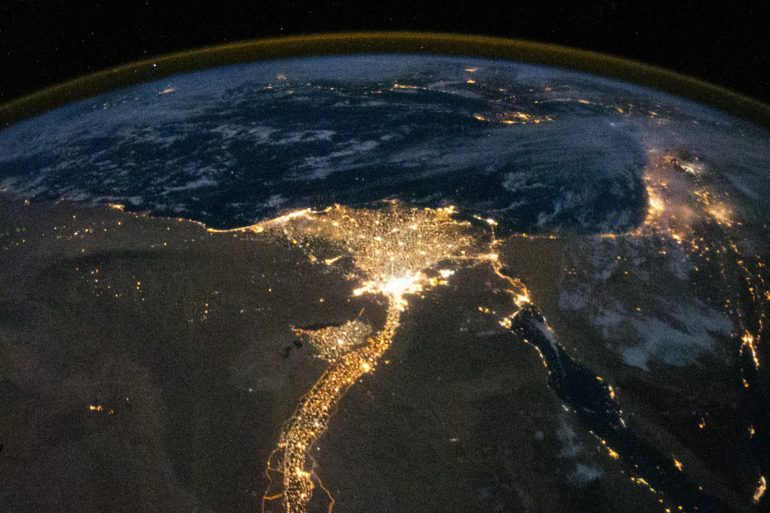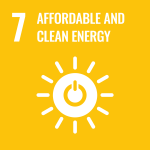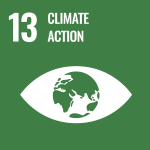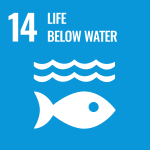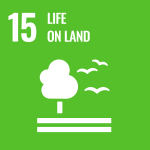UGEB1870 Exploring Earth and Environmental Sciences
Time
Lecture: Mondays 02:30 - 04:15 p.m.
Instructor
Dr. AU-YEUNG Yee Man, Dr. TAM Pui Yuk, Professor Benoit THIBODEAU, Professor CHAN Man Nin, Professor LIU Lin, Professor TAI Pui Kuen Amos, Professor TAM Chi Yung Francis, Professor TAN Yen Joe, Professor TSUI Tsz Ki Martin, Professor YANG Hongfeng
Course Description
(UGEB1870 is double-coded with EESC1001.)
The course provides an interdisciplinary study of the Earth Systems, including natural phenomena in the atmosphere, hydrosphere, geosphere, cryosphere, and biosphere. The mechanism of these systems, associated dynamics and anthropogenic impacts will be introduced and discussed. The course also serves as a platform to understand and critically assess global environmental change, natural hazards, biodiversity loss, and the water-energy-food nexus, and explore potential technological and policy solutions to these problems. These objectives align strongly with the understanding and pursuit of the United Nations Sustainable Development Goals, especially SDG#7 Affordable and Clean Energy, SDG#13 Climate Action, SDG#14 Life Below Water, and SDG#15 Life on Land. In addition to attending lectures, students will visit the Jockey Club Museum of Climate Change where it displays the way scientists examine past and current climate and the factors leading to current global temperature change. A geological field excursion will be another highlight of the course to demonstrate the scientific concepts applied to reveal Earth’s tectonic history, evolution and interaction among various spheres. With diverse scientific topics in Earth’s systems, the course shows students how each Earth’s system is interlocking with other spheres and, hence raise the awareness in the importance of sustainability.
Learning Outcome
- Describe and explain how the atmosphere, hydrosphere, geosphere, cryosphere, and biosphere interact and how feedback mechanisms operate among the Earth systems.
- Develop an interdisciplinary approach for investigating Earth system dynamics.
- Discuss the anthropogenic influences, as well as scientific and technical challenges related to global environmental changes, natural hazards, and the food-water-energy nexus critically.
- Recognize the complexity of linkages between environmental pressures and human responses related to contemporary sustainable development challenges, contributing to the understanding and pursuit of SDG#7 Affordable and Clean Energy, SDG#13 Climate Action, SDG#14 Life below Water, and SDG#15 Life on Land.
- Communicate effectively about Earth system and environmental issues in an appropriate science format (i.e. scientific poster and QnA) through working independently and collaboratively.



